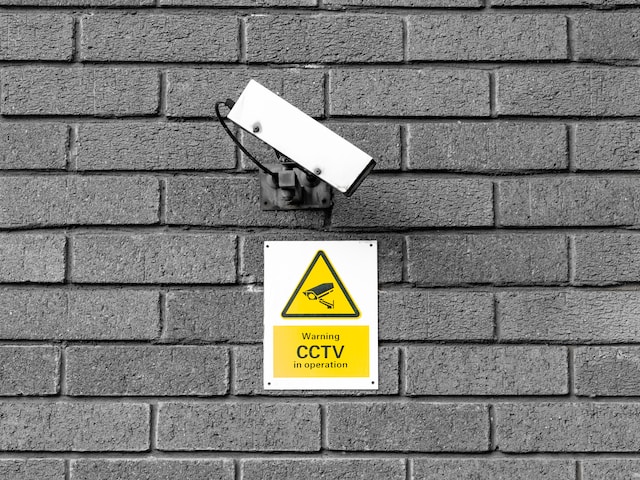
A CCTV system, or closed-circuit television system, can be used for a variety of purposes and in a variety of places. Typically, CCTV cameras are installed in places where there is a higher than usual security risk, allowing an operator to keep a physical record of all of the events that take place there. In this blog, we'll take a look at how CCTV systems work, along with some of the different types available and the most common uses.
How Does CCTV Work?
Closed-circuit television, or CCTV, works by recording live footage of an area and storing it on a database. This is done within a closed-circuit, i.e., one not broadcasting on public airwaves.
To run an effective CCTV system, you typically need the following a camera, a monitor, and a media recording device. Combined, these tools allow the user to observe and record the events in a specific location 24/7. A CCTV system can be made up of multiple cameras making it possible to observe multiple places at once if necessary, or view the same location from multiple angles.
CCTV cameras are also capable of operating without a person physically monitoring or controlling them. This is highly advantageous when you cannot monitor the area yourself or employ someone to do so. CCTV cameras are also capable of streaming the video footage they capture to a monitor in real-time. This means that an operator can detect and alert people to potential security breaches in multiple locations quickly and efficiently.
READ MORE: CCTV With Remote Monitoring
There are two main types of CCTV systems, wired and wireless.
Wireless CCTV Systems
Wireless CCTV systems typically use WiFi or other signal data to transfer the video feed to a hub, where the video footage is stored in the cloud or a built in storage unit. This allow wireless cameras to be installed in places that might otherwise be too tricky to access with cables.
Wired CCTV Systems
Unlike wireless CCTV, wired CCTV systems need to be connected via cables to be able to send data. While this can be less convenient than WiFi, it is arguably more secure since wireless CCTV systems cannot work if the signal is disrupted.
CCTV at Home
It used to be that only public areas and premises like businesses and shops had CCTV. Nowadays, CCTV systems can easily be installed at home, and operated and monitored using a smartphone or laptop computer. That's why more and more homeowners and landlords are installing CCTV systems in residential areas.
Domestic CCTV systems favour IP cameras. IP cameras are small, offer great picture quality, and can be operated using a smartphone via an internet connection. You simply connect the camera to an app or online account and voila, you can check what's going on in your home, garden, even living room whenever you like at the touch of a button.
Do you think that your home or workplace could benefit from a CCTV system? Click the button below to find out how IDS security systems can help you design, install and maintain one:
CCTV systems from IDS >